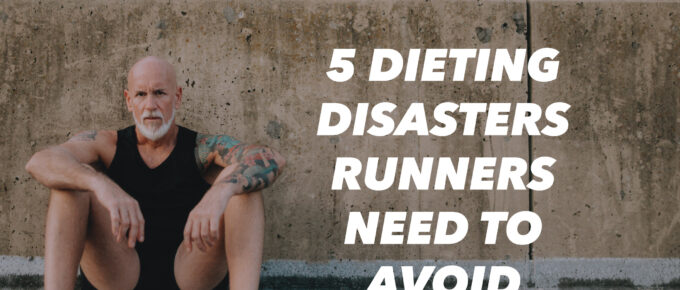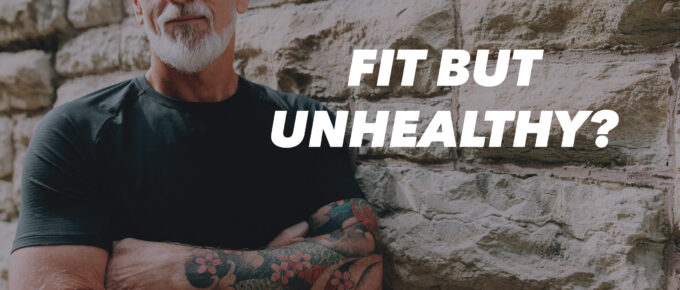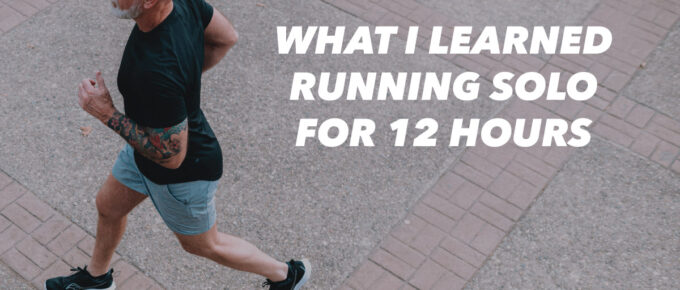If you are a runner and you want to improve your speed, endurance, or both, then you’ll want to work on building some lean muscle. The problem is that most runners don’t really know how to build …
Continue Reading about 234. What It Takes to Build Lean Muscle →






